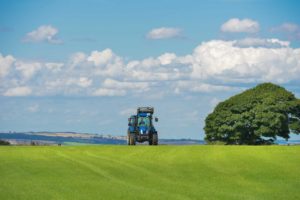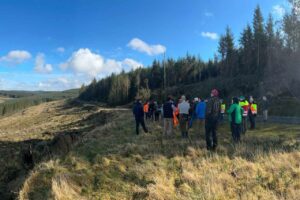On Wednesday 2 February the Institute brought together 20 senior practitioners and experts from across the sector to discuss the government’s plans for Environmental Land Management (ELM) and Agricultural Transition in England. This was based on the group we convened to produce an ELM position paper in 2019 and sector response to the 2020 consultation.
Chaired by ICF Executive Director, Shireen Chambers MBE FICFor, and facilitated by ICF Rep, Neville Elstone MICFor, the sector discussion was very positive, with overwhelming agreement across a wide range of forestry organisations and interests. We were joined for part of the meeting by Defra officials who answered some of the more pressing questions from the group.
Our main concerns are:
- The move away from paying public money for public goods in ELM (the original purpose) due to challenges of implementing this, despite the England Woodland Creation Offer (EWCO) managing to do so
- Regulatory barriers that still hold up woodland creation, even within the promising EWCO scheme
- Eligibility within ELM and the lack of a level playing field – that despite extensive consultation Defra has not listened to concerns that forestry is not properly included, e.g. the only universal ELM scheme is solely available to farmers
- The lack of strategic join-up across different work programmes and the uncertainty of the transition period delaying efforts and putting off land managers, particularly farmers
- A concern that Defra is simply not seeing productive woodlands as an income stream for land managers, and an ongoing polarisation between productive and conservation forestry when we know well-designed woodlands deliver multiple benefits.
We believe these obstacles will seriously hamper government’s ambitions for tree planting and management and the agricultural transition plan will fail to deliver on its environmental credentials.
The group will agree our key points in the coming weeks and use them in all messaging with government. We intend to continue meeting at appropriate times in the transition programme to act as a sounding board for Defra and ensure that what they design works for forestry, the environment and the businesses involved.






